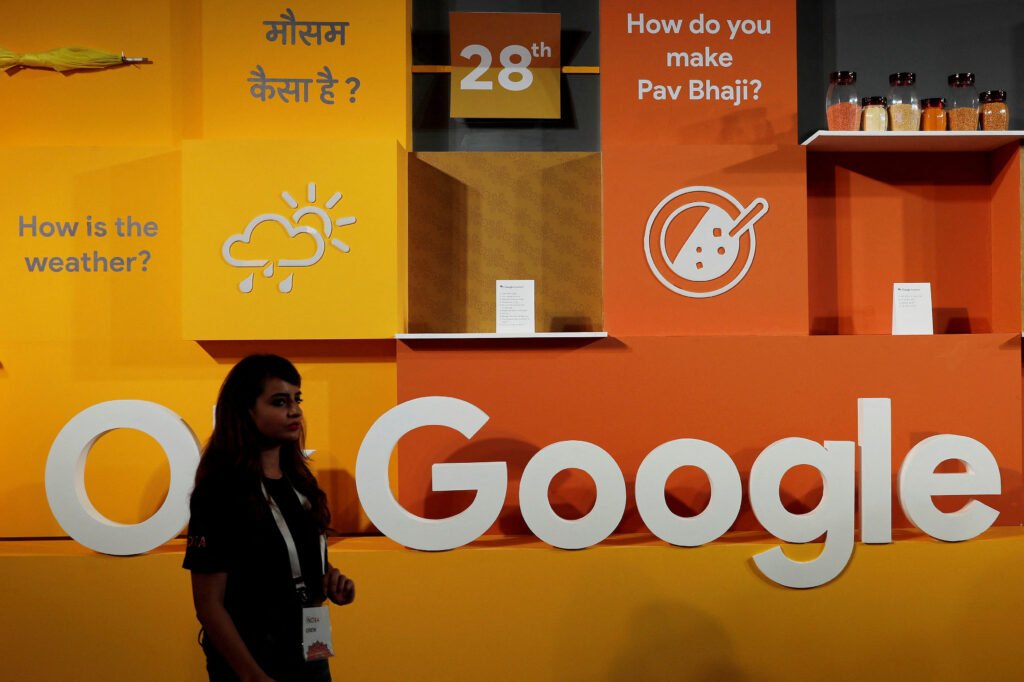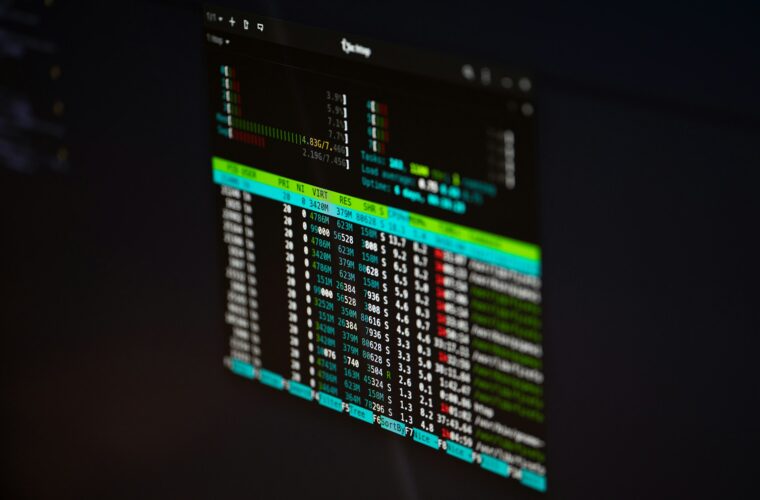By Aditya Kalra
NEW DELHI (Reuters) – Google has urged India’s Supreme Court to quash antitrust directives against it for abuse of the Android market, two sources said, as its presses its legal battle against the competition watchdog in one of its most important markets.
The Competition Commission of India (CCI) said in October that Google, whose Android mobile operating system powers 97% of 600 million smartphones in India, had exploited its dominant position.
It ordered Google to remove restrictions imposed on device makers, including related to the pre-installation of apps, and fined the U.S. firm $163 million, which it paid.
In March an Indian tribunal gave partial relief to the Alphabet Inc unit by setting aside four of the 10 directives in the case.
The tribunal said CCI’s findings of Google’s anti-competitive conduct were correct, but gave Google some relief by quashing some of the directives that forced it to alter its business model.
Google is now asking the Supreme Court to quash the remainder of the directives, the first source with direct knowledge said.
Google is also arguing in its filing made on Monday that it has not abused its market position and should not be been liable to pay a penalty, the source added.

Google in a statement confirmed the court filing, saying that it looked forward to presenting its case and demonstrating how Android benefited users and developers.
Google’s Supreme Court challenge has not been previously reported.
The CCI too has approached the Supreme Court, seeking to reverse the tribunal’s decision to give Google partial relief, according to a third source. The CCI did not respond to a request for comment.
Google has been particularly concerned about India’s Android decision as the directives were seen as more sweeping than those imposed in the European Commission’s landmark 2018 ruling against the operating system.
Google had made sweeping changes to Android in India in recent months following the directive, including allowing device makers to license individual apps for pre-installation.



